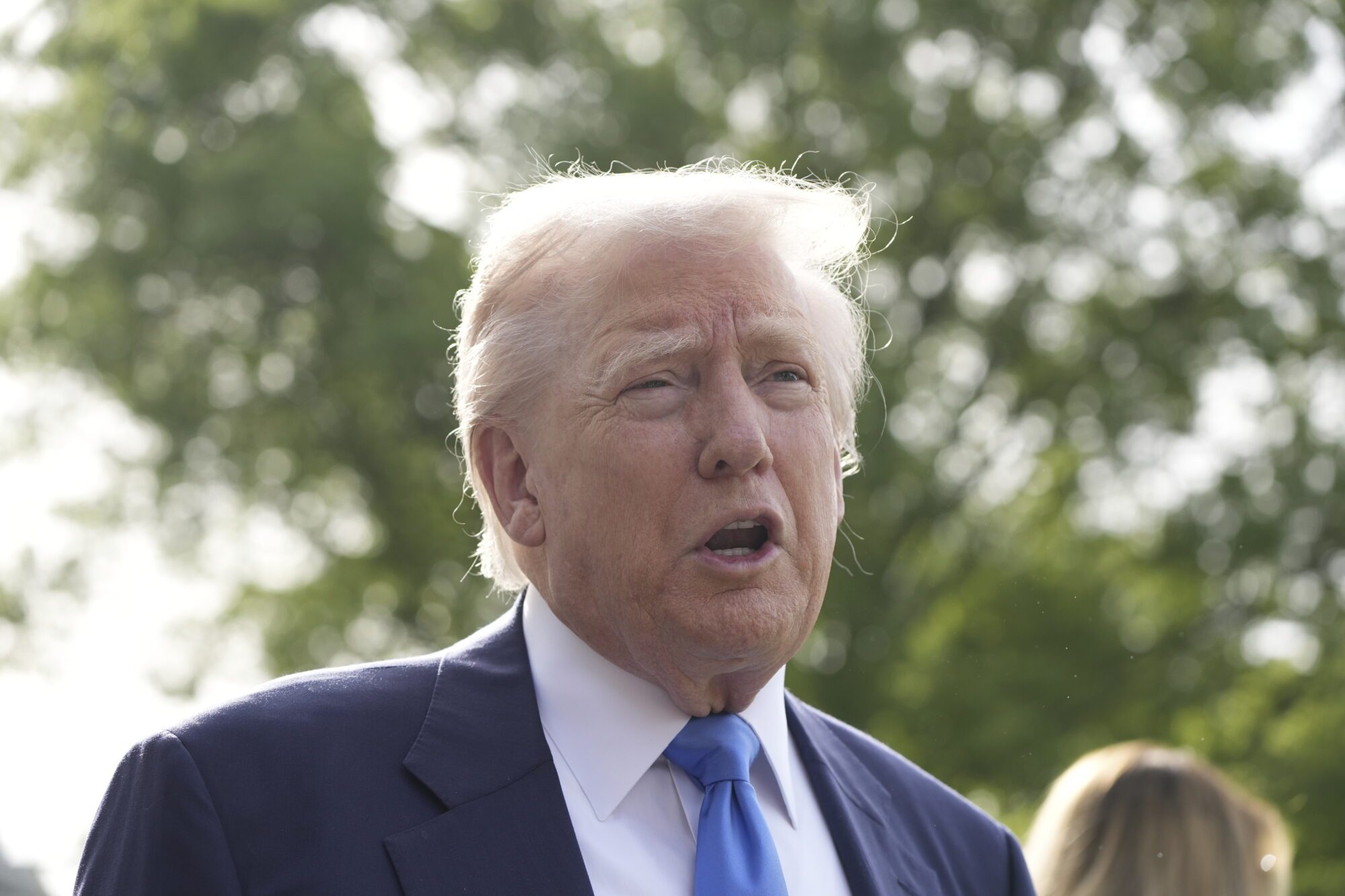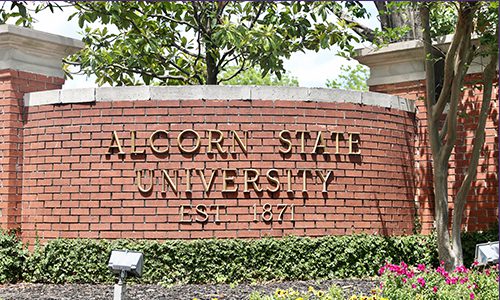While recognizing the First Amendment rights of third party organizations to engage in those campaigns, the report suggests, “while it may not be constitutionally possible to legislate accountability for dishonest or unethical or misleading judicial advertising, an informed public can use the ballot box to dissuade and to ultimately stamp out such conduct.”
The report notes the role of Mississippi’s Attorney General has changed over the years from a legal advisor and chief lawyer to a “high profile crusader.” It says, “More and more, the office [of attorney general] has exercised its power to pursue high-profile criminal investigations and/or highly-publicized civil cases. Public confidence that such power is not subject to potential misuse is essential. The means to public confidence is a fully informed public.”
The report recommends: “Fees paid to private lawyers appointed as special assistant state attorneys general should be subject to open and impartial scrutiny.” Such openness should be in writing and on the internet, include disclosures of any campaign contributions or gifts between the attorney in contract and the attorney general, contain records of time spent and expenses incurred, and involve outside and independent (the report recommends judicial) approval of the fees.
The Mississippi Legislature is currently considering shining just such accountability onto the Attorney General, which would fulfill this recommendation by the task force. (In full disclosure, I have a client who is promoting “sunshine legislation” before the Legislature.)
Other recommendations by the task force include greater disclosure of lawyers who contribute to judicial campaigns, creating a procedure for an independent resolution of recusal motions, increased judicial and legal education, and higher salaries for judges.
Members of the Mississippi Bar have until March 30 to submit comments to the task force, before the report is reviewed by the Mississippi Bar Association.
Brian Perry
Neshoba Democrat
2/25/9







